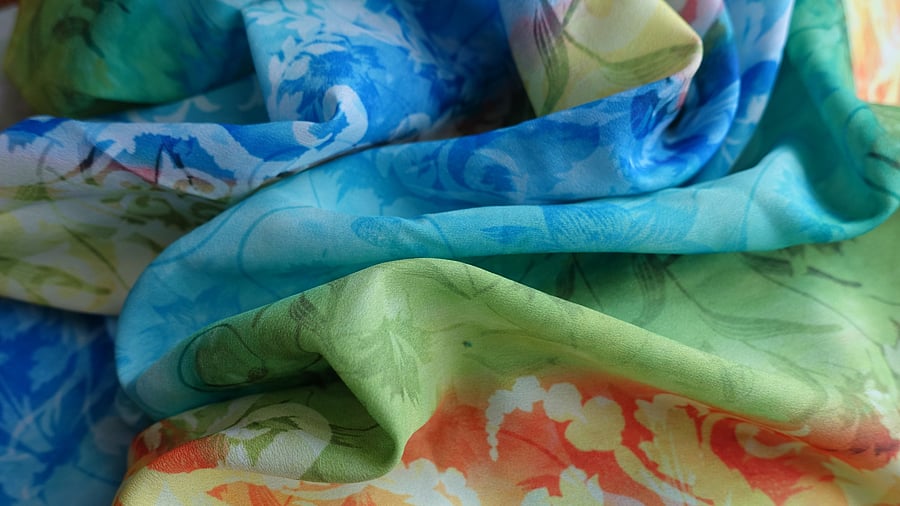
Experts urge people to read product labels carefully as brands are marketing semi-synthetic fibres like viscose as natural.
Credit: iStock Photo
Plant-derived fibres like viscose may not be as sustainable as we think, a new study suggests. The research has become a talking point online, especially on Reddit forums.
The study suggests that bio-based fibres such as viscose and lyocell, which are sold as natural alternatives to acrylic, polyester, nylon and synthetic fibres, could pose more risk to the planet than conventional plastics. It found that 30% of earthworms died after 72 hours of exposure to polyester whereas the mortality was higher in the case of lyocell (up to 60%) and viscose (80%).
The research was conducted by the University of Plymouth and the University of Bath in the UK.
Sustainability experts say viscose and lyocell are semi-synthetic fibres. They are derived from wood pulp but they are processed using chemicals and that is the grey area, says Astha Khubele, associate lead (circular textile), Saahas Zero Waste. “They may release these chemicals while decomposing but we don’t have many studies that show its impact on the environment, especially the soil,” she says.
Dharmesh Shah is a plastic policy expert from the Center for International Environmental Law. He hasn’t yet come across a bio-based alternative that degrades fully and is also safe for the environment. Citing an example, he says, “Oxodegradable plastics don’t disappear. They degrade into microplastics on exposure to the sun.”
Pinky Chandran, trustee, Solid Waste Management Roundtable (SWMRT), cautions against greenwashing, which “is prevalent in many industries”. She says consumers must learn to read product labels and ask questions about its sustainability, from how a product is made to what impact it will have on the environment once it no longer serves a purpose. Earthworms are critical for soil health, she comments on the importance of the new study.
Options?
Astha says naturally dyed linen and cotton fabrics are eco-friendly. Even though lyocell and modal are semi-synthetic, they use less chemicals than viscose and are “lesser of an evil”. She has more pointers for eco-conscious buyers: “Blended fibres and printed fabrics are difficult to recycle, so try going for clothes made from a single fibre and in solid colours.”
Mohan Kumar V K is a professor at the National Institute of Fashion Technology, Bengaluru. He counts fibres derived from hemp, bamboo, flax, nettle, sisal and jute as “bio-based, eco-friendly fibres”.